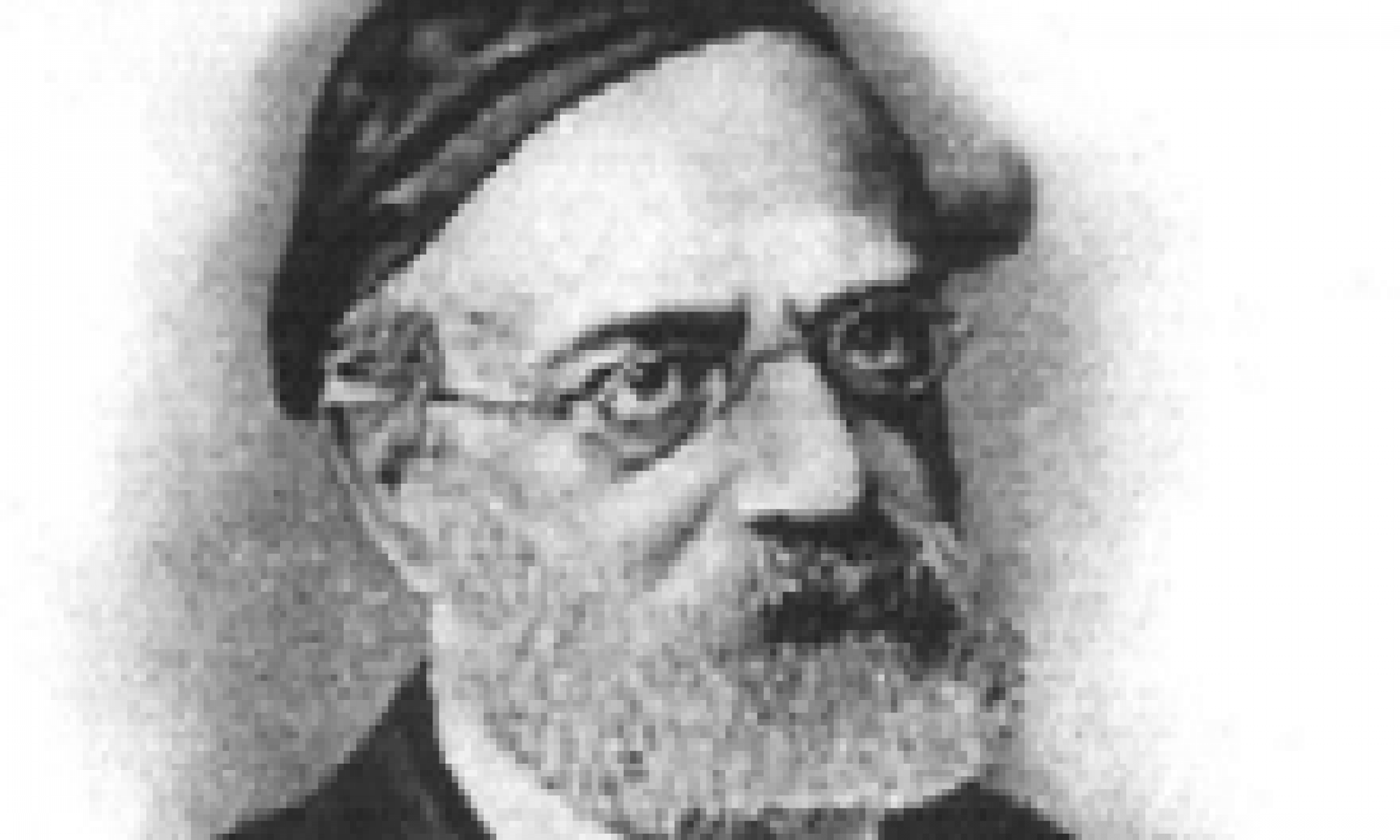The word the Torah uses to say that God formed Man is וייצר, the letter “yud” appearing twice. As the word יצר can mean inclination or formation, our sages teach us that this verse contains a number of related lessons.
– Man is both mortal and immortal
– Man is both earthly and heavenly
– Man has a good inclination and a bad inclination
When this word is pronounced only one “yud” is heard. Man always appears to have both sides of him but one side is always the more dominant. Which one is up to him. The most holy person is still a person. In the background is his body and his inclinations. He had to fight to be as holy as he is. And even a person who seems to be at the lowest rung of his humanity still contains a spark of holiness within him.
Both inclinations and aspects of Man were created from the very beginning. The God who created Man’s inclination toward the spirit, created Man’s earthly inclinations. There is nothing unholy or wrong with either of Man’s inclinations as long as they are put to use according to God’s instructions. Man was not created to be a מלאך. Man is not pure white. That is God’s realm. That is the realm of angels. Man was created to be אדם. Man is put on earth. whose spiritual side is broken up by his encounter with the physical. Man is “red”. (See this very fundamental concept that RSRH refers to often.
In this world, the world of the senses and with his sensuous nature, Man is to live his life and uplift it all in the service of God. The Christian concept that the sensuous nature of Man comes from Satan is a twisted concept that has been the curse of Man throughout history. (I believe RSRH is saying that by rejecting the body as a part of the service to God, Christianity has missed the main intention of Man’s mission; to uplift his body and this world. By striving to relegate the body as something evil, the body remains unholy or worse. The world does not become transformed and elevated, the opposite occurs. This misguided concept allows for moments of religious ecstasy and yet the whole of life is left out of the religious experience. This invites the most decadent elements of human nature to develop. GS)
Beraishis 2:7, Pages 56-57

